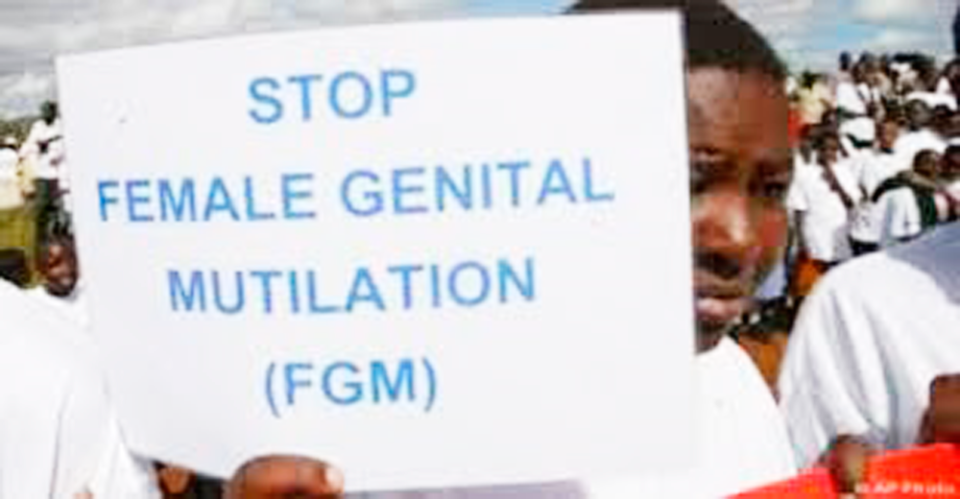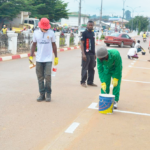The fight against FGM will be commemorated on February 6, 2021 under the theme, “No Time for Global Inaction, Unite, Fund, and Act to End Female Genital Mutilation”.
In Cameroon, the Ministry of Women’s empowerment is fully involved in seeing this scourge end by 2030 according to SDG target 5.3 on the elimination of all harmful practices including female genital mutilation. Last year, Minister Marie Thérèse Abena Ondoua promised that various monitoring brigades would be set up at regional as well as local levels to monitor and report any cases of FGM for the perpetrators to be apprehended and brought to book. Worthy of note is the fact that Law No 2016/007 of 12 July 2016 signalled an end to impunity and this law will be strictly applied to perpetrators of the abominable act henceforth.
For an FGM-free society, stakeholders and the community at large to coordinate their actions as Cameroon in 2020 recorded 1.4 percent cases despite the series of activities geared towards prevention, sensitisation and advocacy.
Government has been very active in providing support and assistance to FGM survivors as well as setting up local committees to fight phenomenon. It is hoped that partnerships struck between the government, parliament community leaders and civil society organisations, focus on human rights, gender equality, sexual education and attention to the needs of women and girls who suffer from its consequences.
According to the UN, around 1 in 4 girls and women, or 52 million worldwide, experienced female genital mutilation, performed by health personnel pointing to an alarming trend in the medicalization of female genital mutilation. Many countries are said to be experiencing a “crisis within a crisis” due to the pandemic including an increase in female genital mutilation. That is why the United Nations call on the global community to reimagine a world that enables girls and women to have voice, choice, and control over their own lives.





